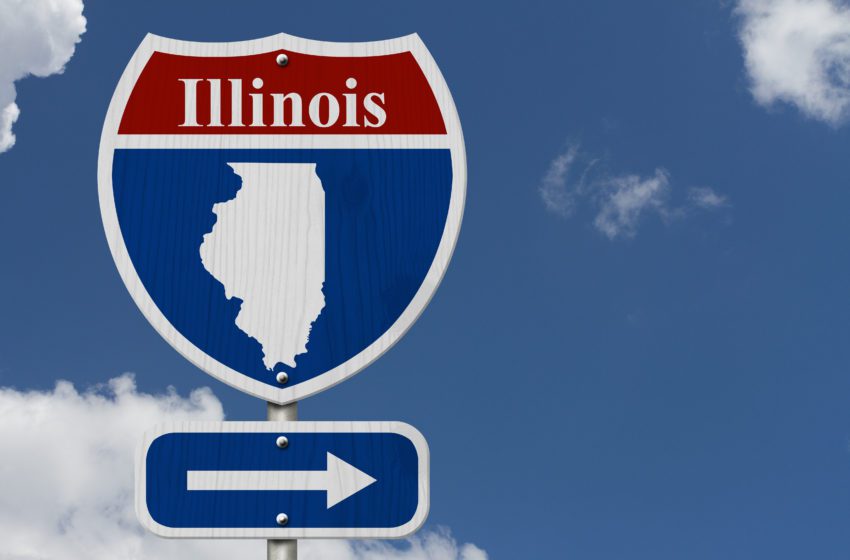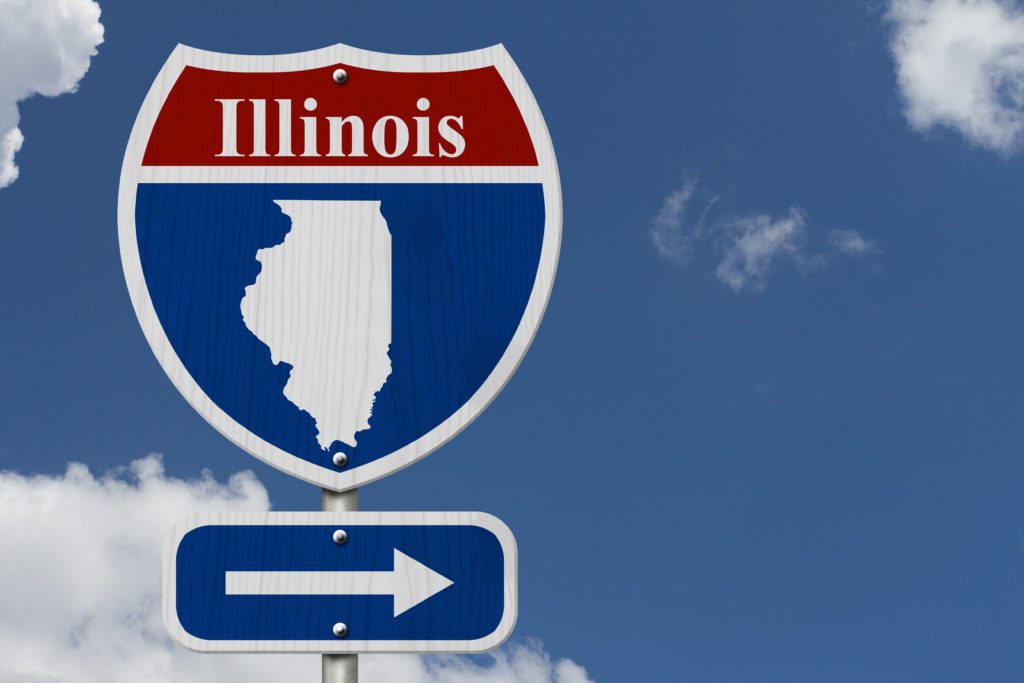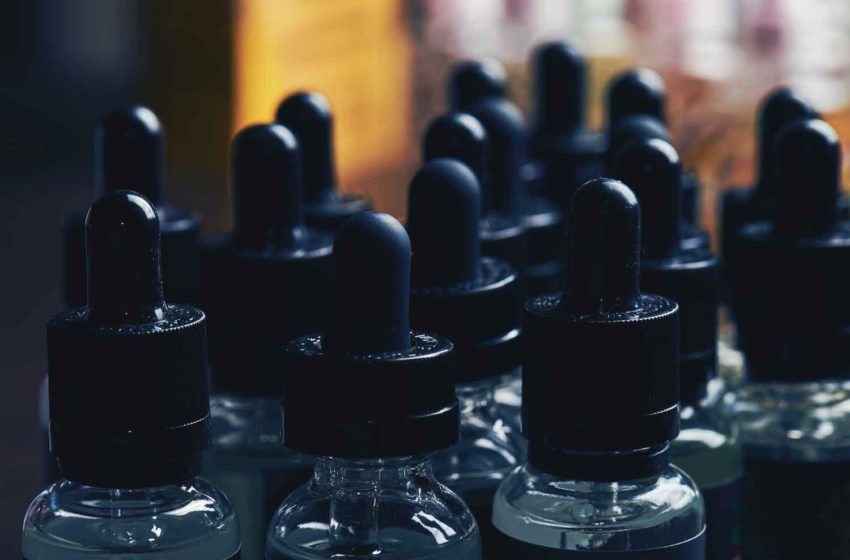
Matthew L. Myers is stepping down as the president of the Campaign for Tobacco-Free Kids (CTFK) effective July 1. The board of directors has appointed Yolonda C. Richardson, currently the organization’s executive vice president for global programs, as the new president and CEO.
“I want to thank Matt for the extraordinary leadership he has provided to the Campaign for Tobacco-Free Kids and throughout his long career fighting the tobacco industry,” said Bill Novelli, chair of Tobacco-Free Kids’ board of directors and president of the organization from 1996 to 1999, in a statement. “Matt and his team at Tobacco-Free Kids have contributed enormously to driving down smoking rates to record lows among both youth and adults in the U.S. and to reversing the tide of the global tobacco epidemic.
“It has been the privilege of a lifetime to serve as president of the Campaign for Tobacco-Free Kids, and I am incredibly proud of what our team and our many partners have accomplished,” said Myers. “Through smart, tenacious advocacy and a commitment to health and social justice, we have helped bring about transformative change in the U.S. and around the world. No one is more qualified than Yolonda Richardson to take this organization to new heights and achieve even greater progress in saving lives not only from tobacco, but also from other critical public health issues.”

No one is more qualified than Yolonda Richardson to take this organization to new heights and achieve even greater progress in saving lives.”
Matthew L. Myers, president, Campaign for Tobacco-Free Kids
“I am deeply honored to be named president of the Campaign for Tobacco-Free Kids and to continue the work started by Matt Myers and Bill Novelli 27 years ago. There is much to do, but there is also immense opportunity to make large-scale impact,” Richardson said.
The CTFK was created in 1996 with primary funding from the Robert Wood Johnson Foundation. Since 2006, it has been a partner in the Bloomberg Initiative to Reduce Tobacco Use.



















